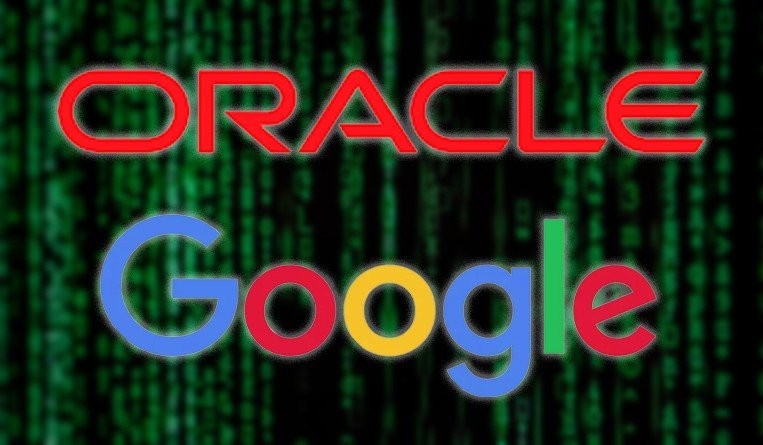Google vs Oracle: A Story of API
16 October 2020

The past few days saw Google and Oracle in a heated battle. The issue stems whether Oracle's Java Application Programming Interfaces (API) are copyrightable and, if so, whether Google infringed these copyrights when they incorporated it in their Android program.
APIs are, in common parlance, specifications that allow programs to communicate with each other to ensure interoperability. For example, the share icon on Linkedin in an article published on a third-party website would be using Linkedin’s API that the website’s developer would have obtained directly from LinkedIn.
Oracle owns the Java programming language. During the development of the Android OS, Google is alleged to have incorporated certain APIs of Java into their Android program. This also meant that developers already using Java would not need to learn another language to write Android apps.

After years of litigation, the dispute reached the Federal Circuit in 2017. In March 2018, the Federal Circuit Court decision reversed the District Court ruling that Oracle's API was copyrightable but Google's use of the Java APIs was fair use and in August 2018, the Federal Circuit Court dismissed Google’s petition to rehear the case en banc. Now Google has petitioned the Supreme Court of the USA to review both the aforesaid decisions and it is pending.
According to Akshay Ajayakumar, Associate, SIM & SAN - Attorney At Law, Oracle’s claim was that Google had replicated the structure, sequence, and organization of the overall code for the 37 API packages. “This matter raises 2 questions, whether APIs are copyrightable and if copyright protection extends to APIs, will Google’s use of APIs in the context of creating a new computer program constitute fair use,” he says. “The Petition before the SC has been filed to get an answer to this question. Google is contending that APIs are not copyrightable qua merger doctrine— when there is only one or a limited number of ways to express an idea, copyright law will not protect the expression as it has ‘merged’ with the idea. If APIs are determined to be copyrightable, Google will raise the second prong of their argument, fair use.”
He added, “In essence, the Supreme Court is deciding on the copyrightability of software interfaces. Deciding in favour or against Google will materially affect the software industry. Holding API’s to be copyrightable is argued to be a blow for software innovation as it can substantially affect the interoperability of software and will, in fact, affect the development of software. While deciding against copyrightability is touted to be the way to support innovation and propagate status quo as arguably the settled position is that declarations and organisational structures do not benefit from copyright protection.”
Ajayakumar says that in using such interfaces, as long as the use of the code is “transformative” and it “adds something new, with a further purpose or different character, altering the first with a new expression, meaning or message” then it cannot be considered to be an infringement.
“Copying a code verbatim and using it for the same purpose will be considered as an infringement,” he says. “Also, if specific instructions, even though previously copyrighted, are the only and essential means of accomplishing a given task, their later use by another will not amount to an infringement. To sum up, as long as the code is not a replica of the original and “structure, sequence and organization” as an expression of an idea is not copied, even though it serves the same purpose, it can be considered to be non-infringing. Further, when there is only one or a limited number of ways to express an idea, copyright law will not protect the expression as it has "merged" with the idea.”
To avoid such infringement issues, Ajayakumar says that a strict enforcement regime can cause a chilling effect which can reduce “stealing”.
“However, it will come at the cost interoperability, innovation, increase in development time, and increase in cost for the consumers,” he says. “The use of Java API enables the Java coders to maximise the potential of free-to-use Java language and rein on the same can significantly affect the ecosystem which relies on it. It is also relevant to note that in SAS Institute, Inc. v World Programming Limited (C-406/10) the CJEU has declined copyright protection for APIs. Courts in India have also recognized that where an idea can only be expressed in a particular manner, such expression would not be entitled to copyright protection.”
Excel V. Dyquiangco






